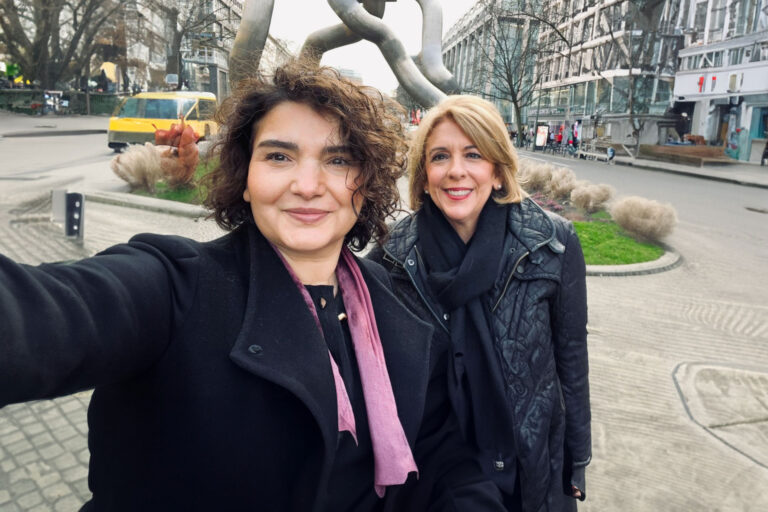Working to expand access to cancer medicines has been a theme throughout much of my professional career. Most recently, this theme (or perhaps call it my passion) was taken to a new level when it involved helping a close friend whose 46-year-old husband was diagnosed with metastatic kidney cancer (mRCC) in South Africa. Upon learning of the diagnosis, my initial thought was…this will be difficult BUT there are effective treatments available..he can fight this, they will fight, we can all help him fight this. Indeed, with today’s innovative mRCC therapies, coupled with good supportive care, mRCC patients now more than ever have the chance to live a good quality of life while at the same time living with the disease.
Never in my wildest dreams could I have imagined the struggles my friends would endure in their cancer journey. Besides the initial shock of a frightening diagnosis at the prime of their family lives, their cancer access experience presented more barriers than solutions. When we think about access in cancer, we usually refer to access to the actual treatment. And yes, we all recognize that access to innovative cancer medicines is a challenge globally…not just in South Africa. Saying this, access to cancer treatment is much broader, reinforced by my friends’ experience. Patients also need information, motivation, supportive care and hope. Sadly, much of this was missing for my friends from their cancer care team.
Without the needed support from the local cancer community, my friends searched for medical advice and a path to the next best treatment solution outside of South Africa. At one point, the solution seemed impossible, but it eventually came in just days! Guided by the Southern Cross, a constellation of stars known to guide explorers, my friend boarded a plane to the Northern Hemisphere to bring home their hope for her husband, dad, son, & brother. It was the shortest day and the longest night, one that would be taken more than once, and they will do it again if needed.
My friend’s story is not over, but their fight is paying off. Saying this, one must wonder the fate of other patients who don’t have the network or resources to navigate this complicated and sometimes cruel reality of today’s complex healthcare systems. That’s why we need to continue to work together, find solutions, never give up and never accept the status quo.





